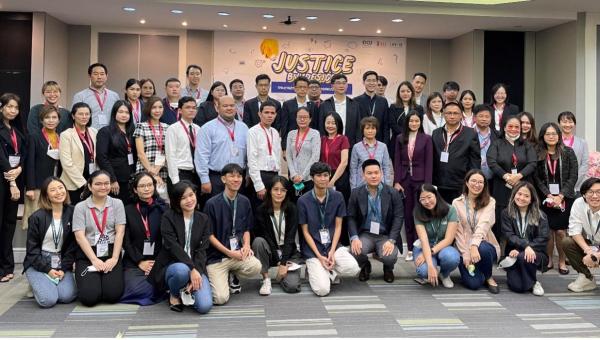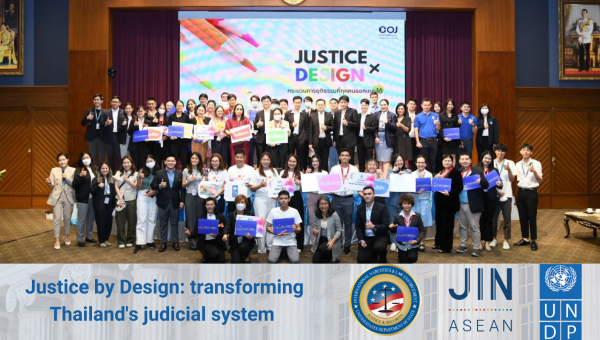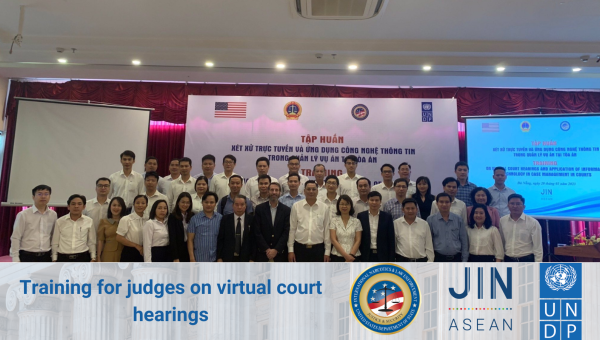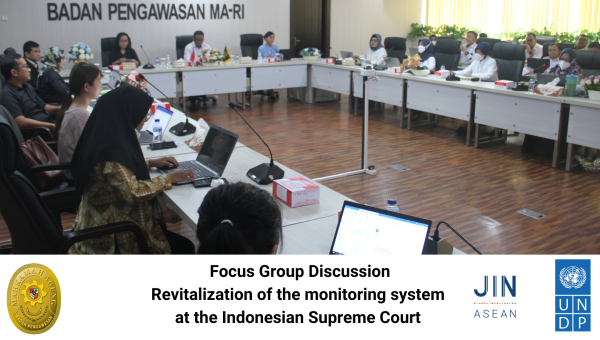Sextortion: The Impact on Judging and Courts in ASEAN
February 22, 2023
“The judiciary plays an important role in creating solid jurisprudence on sexual bribery and bringing the issue under the anti-corruption legal framework”.Shyamala Gomez, Executive Director at the Centre for Equality and Justice in Sri Lanka
In partnership with the International Association of Women Judges, the UNDP Judicial Integrity Network in ASEAN conducted the webinar Sextortion: The Impact on Judging and Courts. The online panel discussion organized on 22nd February 2023 focused on the gendered aspects of corruption in ASEAN and shared knowledge with regional perspectives on sextortion and gender in the courtroom.
Recent JIN ASEAN’s surveying confirmed the impact and importance of gender issues in the courtroom, both when instances of sextortion occur in the court process and when judges are called on to adjudicate cases of corruption and sextortion.
Sarah Mccoubrey, UNDP Access to Justice Consultant, kicked off the event, followed by the moderator Nancy Hendry, Senior Advisor to IAWJ, who introduced the speakers and started by underscoring how giving to sextortion a name and a consistent definition has been fundamental to include the phenomenon into the international anti-corruption agenda.
Documentation is key. Panelist Shyamala Gomez, Executive Director and Founder of the Centre for Equality and Justice in Sri Lanka, shared her experience about how adequate documentation of cases can play a pivotal role in raising awareness and advocating for changes to the law. Appropriate terminology is also crucial: it gives visibility to the offence. Meissy Sabardiah, Component Manager at the USAID Integritas/Kemitraan anti-corruption project, presented how the project’s research on the nexus between sexual exploitation and corruption will support the government of Indonesia by providing effective guidelines on the conflict of interest, including sexual relations. Finally, for Astriyani Achmad, Coordinator of the Judicial Reform Team Office at the Supreme Court of Indonesia, sextortion is one example of a violation of ethics and judicial conduct that the Supreme Court is committed to eradicating.
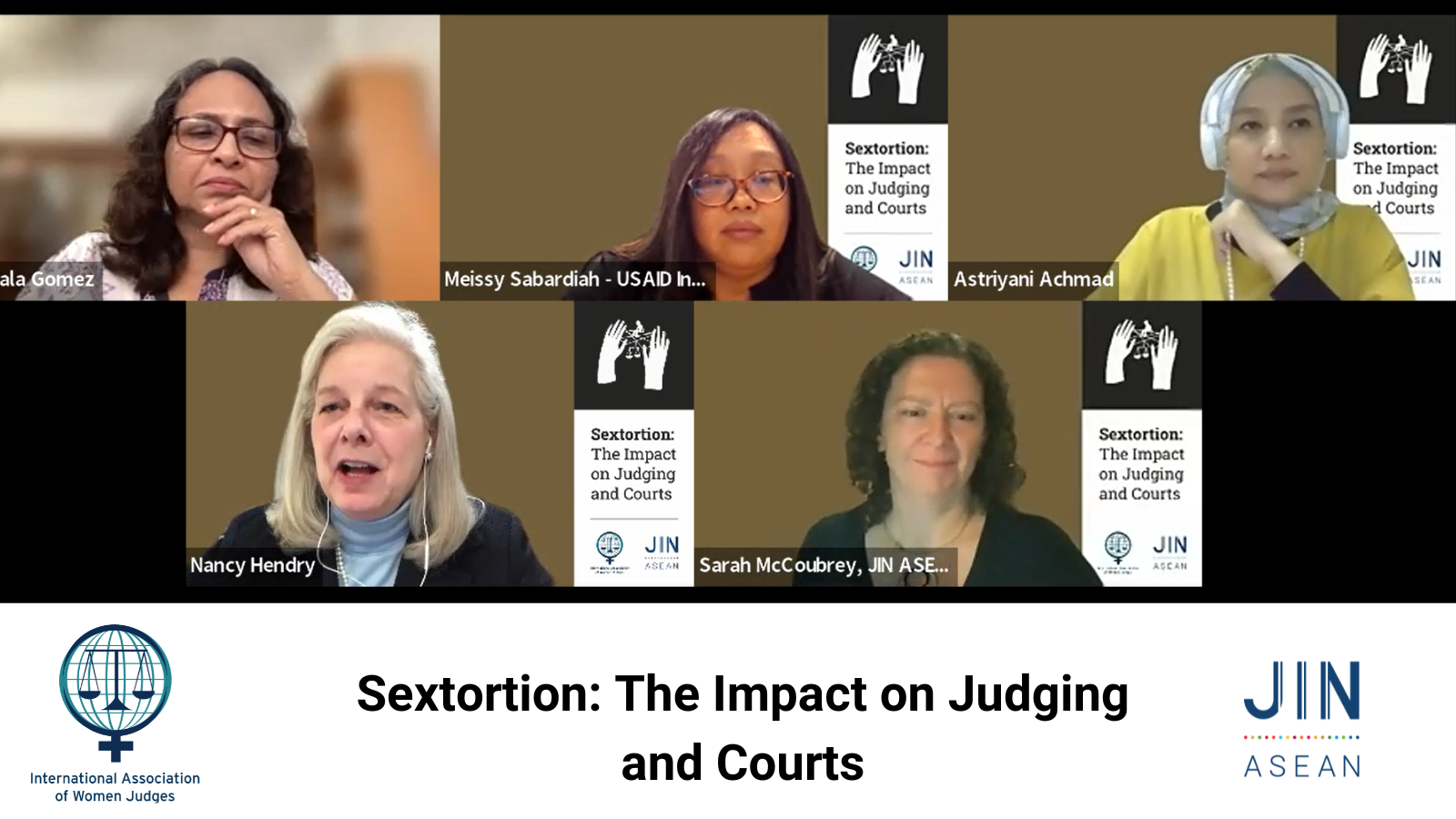
Over a hundred judges, judiciaries and court administrators joined the event from fifteen countries worldwide, reporting feeling now more confident discussing judicial integrity and actively sharing their thoughts and opinions:
“There is a great need to raise awareness of sextortion in the judiciary and address the same to preserve judicial integrity, granting that the moral fibres of those in the judiciary are expected to be stronger than any other public official.”
“Sextortion is becoming a widespread issue and must be addressed. The pertinent government agencies can take immediate action and support victims of sextortion by sharing assistance-related information”
Raising awareness by introducing the term into public dialogue helps on the path to ending sextortion in the judiciary. The International Association of Women Judges, drawing on its global focus on women judges, and UNDP, with its regional peer-to-peer support approach, will continue to work together to increase the profile of gender issues in the judicial context.
Addressing sextortion remains a monumental task, but the conversation has changed.
Explore more

 Locations
Locations

